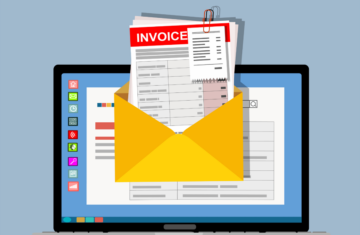In the dynamic world of business, bookkeeping software is a cornerstone for financial management. Choosing the right software is crucial, as it can significantly streamline financial processes and provide invaluable insights into your business’s health.
Here are some key considerations to bear in mind when navigating your selection of bookkeeping software:
Assessing your business needs
The first step in selecting bookkeeping software is understanding your business’s unique needs. Consider your business size, industry, the complexity of financial transactions, and future growth plans. A small start-up might have different requirements than a rapidly expanding enterprise.
Software usability and interface
A user-friendly interface is key. The ideal software should be intuitive and easy to navigate, even for those without in-depth accounting knowledge. This ensures efficiency and reduces the likelihood of errors in financial management.
Features and functionality
Essential features to look for include invoicing, expense tracking, financial reporting, and tax preparation capabilities. Depending on your business, you may also need advanced features like multi-currency support or project-based accounting. Integration with other business tools can also be a major advantage.
Scalability and flexibility
As your business grows, your bookkeeping software should grow with you. Scalable solutions can adapt to increased financial complexity and evolving business needs, offering a long-term solution.
Security and data protection
Given the sensitive nature of financial data, security is paramount. Look for software with strong encryption, regular data backups, and robust user access controls to safeguard your financial information.
Cost considerations
Prices for bookkeeping software vary, with options like subscription-based models or one-time purchases. Consider the total cost of ownership, including potential costs for updates and ongoing support.
Support and training resources
Quality customer support and accessible training resources are invaluable for smooth software implementation and usage. Opt for providers offering comprehensive support and training to help you maximise the software’s potential.
Trying before buying
Free trials or demos are a great way to gauge a software’s suitability for your business. They offer firsthand experience with the software’s features and usability, helping you make a more informed decision.
Reviews and recommendations
Consulting reviews and seeking recommendations from peers or industry experts can provide practical insights. Current user reviews can highlight pros and cons that may not be immediately apparent.
Selecting the right bookkeeping software requires a careful consideration of your business’s specific needs and goals. By taking a thoughtful approach, you can ensure you choose a solution that not only meets your current needs but also supports your business’s future growth.
Evaluate your bookkeeping needs carefully and explore the resources available through NZQBA. An informed decision about your bookkeeping software can set the foundation for your business’s financial success.




